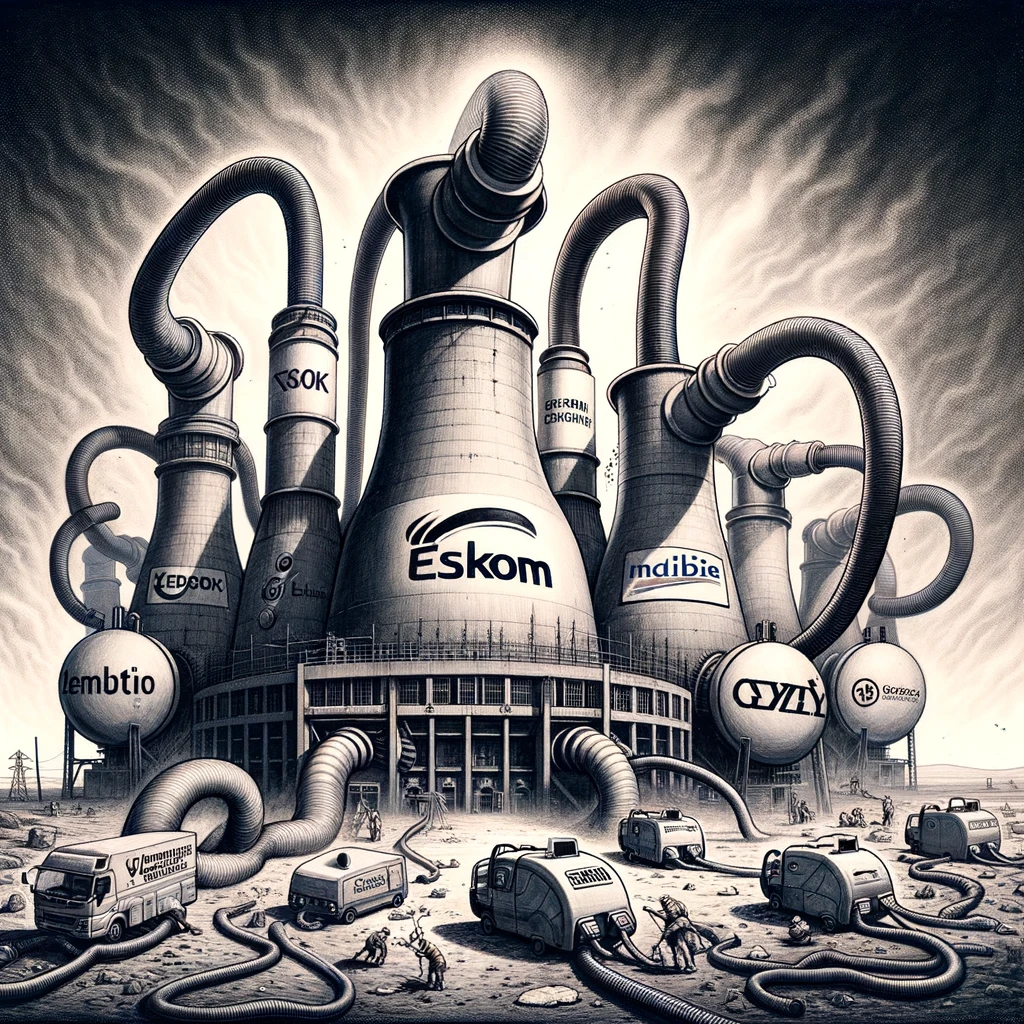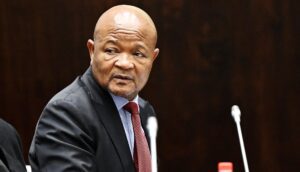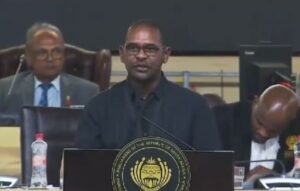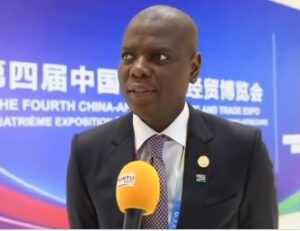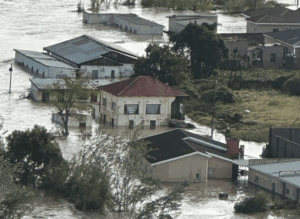The South African Federation of Trade Unions (SAFTU) has openly criticized the recent passage of the Electricity Amendment Regulation Bill by the National Assembly. This legislative move is set to initiate a significant transformation within Eskom, South Africa’s state-owned power utility, by introducing a competitive environment for electricity trading. SAFTU’s contention stems from concerns that this could mark the beginning of Eskom’s privatization.
A Shift Towards Privatization?
The bill, endorsed last week, is designed to facilitate the division of Eskom into distinct entities, aiming to create a more competitive market for electricity in South Africa. SAFTU is apprehensive that this change, while promoting market competition, might ultimately lead to the privatization of the national power provider.
“They have planned to decommission Eskom’s coal fleet without investing heavily in its renewable capacity. Furthermore, the bill seeks to ‘allow for a reasonable return commensurate with the risk’. This means the tariff structure that will be adopted must guarantee the generators of electricity, many of whom will be Independent Power Plants (IPPs) at the end of the unbundling of Eskom.” SAFTU spokesperson, Trevor Shaku, said.
The concern highlighted by Trevor Shaku, a spokesperson for SAFTU, revolves around the government’s strategy to phase out Eskom’s coal-dependent fleet without significant investment in renewable energy sources. Additionally, the legislation aims to ensure that electricity tariffs will secure profits for electricity generators, especially the Independent Power Plants (IPPs), following Eskom’s restructuring.
Enhancing NERSA’s Role
SAFTU’s strategy includes advocating for the National Energy Regulator of South Africa (NERSA) to have increased authority, notably the ability to license entities entering the newly competitive market. The union’s resistance to the bill is twofold: it introduces competition and liberalization into the energy market, and it alters the ownership structure of electricity providers. Moreover, SAFTU is concerned about ensuring profitability for entities engaged in energy generation.
“We are against that bill because in summary it seeks to bring competition and liberalize the energy markets. Secondly, it seems to change the ownership structure of those particular entities that are going to be providing electricity to the people but also it seeks to guarantee the entities that will be involved in the energy generation profit.”
This statement encapsulates SAFTU’s stance against the bill, underscoring fears that it will not only change how electricity is distributed and consumed in South Africa but also who benefits from these processes. The union’s opposition is rooted in the belief that the bill could negatively impact the country’s energy sovereignty and the affordability of electricity for its citizens.
See: 10 reasons why energy privatisation fails

